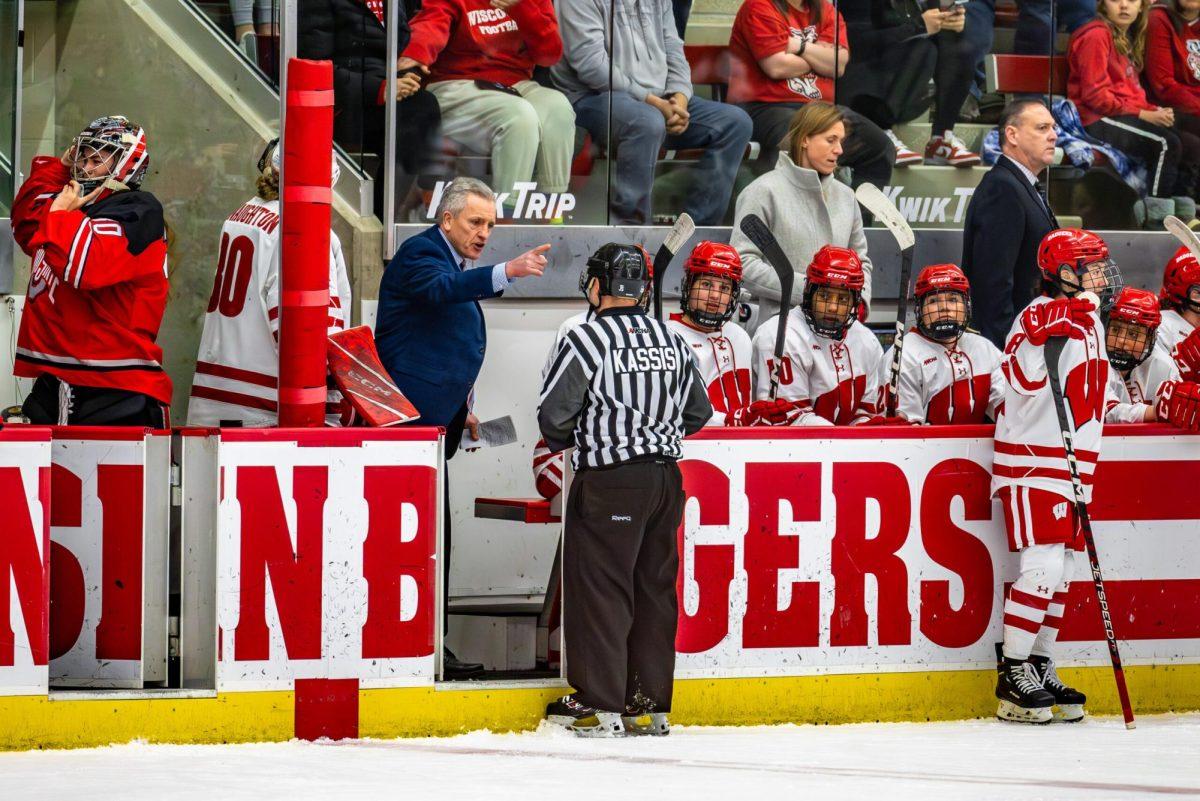It’s a vicious circle college students have to face when it comes to internships. Having gone through the process myself for two summers now, I’ve gotten the rejections and have also had the disappointment of discovering a great internship was unpaid.
I also have had the luck of finding an internship with a newspaper that treated me as an equal and had me doing the same work as everyone else on the copy desk ? not just getting coffee.
This week, as everyone starts to catch up on everyone else?s summers, the stories of successful and not-so-fun internships arise. These stories can also illuminate how much of a Catch-22 internships can be.
From the outset, many advisors tell us that internships are necessary to get a good job once we’re out of college ? in some fields, it is required. Yet many college students, like myself, pay for most, if not all, of their tuition and living expenses, which often requires a full-time job in the summer to help save money for the school year. And, as the economy gets worse and budgets get squeezed, paid internships are often the first things to be removed from companies’ budgets, when they should be the last.
What happened last summer at USA Today is a prime example. The newspaper hired six interns for the summer and originally told them they would be paid. Then, when the students arrived in June, they were told that due to budget constraints they would no longer get a paycheck. For most interns, losing that much income can be impossible to deal with.
In addition, it is virtually impossible for students to hold down a full-time paying job on top of a full-time unpaid internship while also trying to save money. Many internships do offer stipends to help with living expenses, yet often these stipends are just enough for the student to break even at the end of the summer. Furthermore, as more and more of these internships are killed, competition for them increases, making the likelihood of getting a paid internship even slimmer.
Good internships are an incredibly useful asset for any college student. The experience of working in the professional sector, making contacts and learning new skills often makes the job search after college much easier. Internships, while they often make students do the menial work no one else wants to do, also help instill a hard-work ethic and give students a jumpstart on working their way up in their field.
Good internships are also a great asset for companies and universities. Since internships are becoming more and more competitive, companies should take better advantage of the pool of applicants they have and realize that interns will most likely turn out to be great employees after they graduate.
Interns have already been trained, know the company and can hit the ground running. Contrast them with new employees, who companies have to bring in and spend time and money to train. While many large corporations already do this, it is smaller, more local companies that should start to take advantage of the large amount of students on campus.
In addition, having students in stellar internships helps the university in several ways: One, these students come back with unique experiences to share and teach to their peers and two, it helps forge good connections between companies and universities.
It should be a win-win situation. Unfortunately for many students, it is not. Most students do not have the luxury of moving and paying to live in a large city for the summer while taking an unpaid internship. The preparation of their career is forced to be put on hold while they take a menial job to pay for the degree required to get that dream job. But they can?t land that dream job if they don?t have an internship. Catch-22.
Instead, internships and practical experience need to be built more extensively into undergraduate curriculums. In the journalism school, for example, real experience in journalism, such as a student paper, radio station or other form of media, should be required in order to get a degree. For a field like journalism, where most of the learning is done on the job, curriculums should be tailored to require that sort of experience. The university is short-changing students if it does not adequately prepare them for the “real-world.”
The search for good, paid internships is becoming harder and harder as the economy dips. Paid internships should not be the first thing on the chopping block, but the last.
Katie Harbath is a senior majoring in journalism and political science.













